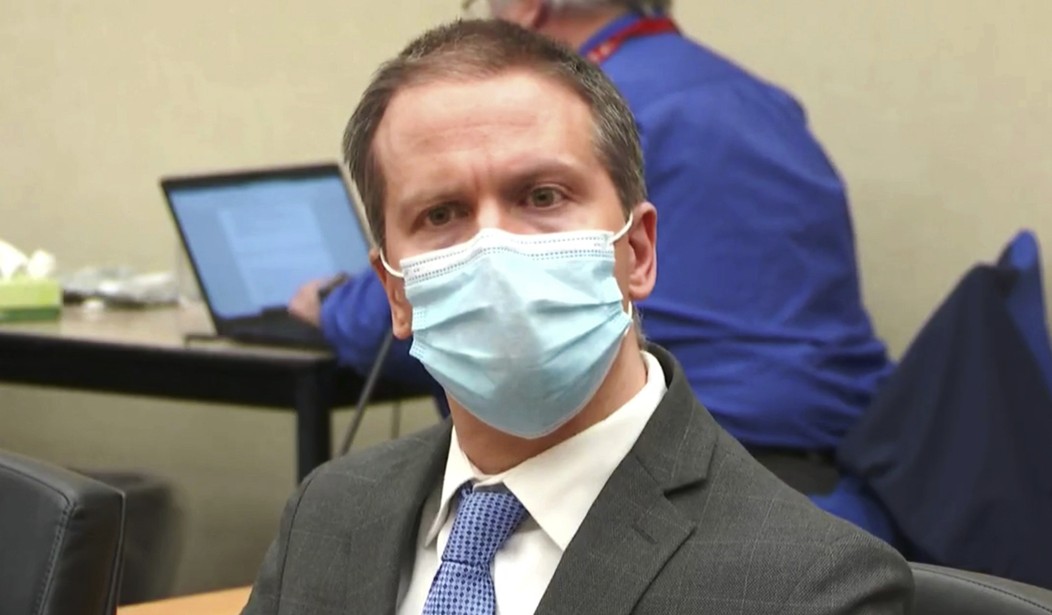
Former Minneapolis police officer Derek Chauvin’s second-degree murder conviction in the killing of George Floyd was upheld by the Minnesota Court of Appeals on Monday, meaning he will have to serve his 22-and-a-half-year sentence.
Chauvin’s attorney, William Mohrman, had appealed to the court to dismiss the former officer’s convictions on various grounds, citing the extensive pretrial publicity and alleged legal and procedural errors that he claimed denied Chauvin a fair trial.
In oral arguments in January, Mohrman stated:
The primary issue on this appeal is whether a criminal defendant can get a fair trial consistent with constitutional requirements in a courthouse surrounded by concrete block, barbed wire, two armored personnel carriers, and a squad of National Guard troops, all of which or whom are there for one purpose: in the event that the jury acquits the defendant.
[embedded content]
He also added that jurors may have been influenced by the fact they lived in Minneapolis where many devastating riots had already taken place. “The jurors that sat on this jury had a stake in the outcome of the case because they lived here where the riots occurred,” he wrote at the time.
Chauvin’s trial was the first in Minnesota to be livestreamed globally, as District Judge Peter Cahill made a rare exception due to the pandemic and the significant public interest in the case.
Yet Neal Katyal, who served as acting U.S. solicitor general in the Obama administration and was one of the special prosecutors in Chauvin’s trial, previously argued that the trial would still have security concerns and potential civil unrest, even if it were held in a more protected venue.
READ RELATED: Hypocritical Biden Goes Through With Cut to Medicare Advantage 2024 Rate
Ultimately, the three-judge panel sided with the prosecutors, affirming that Chauvin had received a fair trial and appropriate sentence.
The incident took place in May 2020 when Chauvin, who is white, was caught on camera kneeling on George Floyd’s neck to pin him to the ground for over nine minutes. The footage, which captured Floyd screaming the words “I can’t breathe,” led to months of riots and violence from supporters of the Black Lives Matter movement across the U.S. and around the world.
“Police officers undoubtedly have a challenging, difficult, and sometimes dangerous job. However, no one is above the law,” Appeals Judge Peter Reyes wrote for the panel.
“When they commit a crime, they must be held accountable just as those individuals that they lawfully apprehend,” he continued. “The law only permits police officers to use reasonable force when effecting a lawful arrest. Chauvin crossed that line here when he used unreasonable force on Floyd.”
Minnesota Attorney General Keith Ellison, who was formerly the Deputy Chair of the Democratic National Committee, said in a statement that he was grateful for the court’s decision.
“I am grateful we have a system where everyone, no matter how egregious their offense, is entitled to due process and fair treatment,” Ellison said. “The Court’s decision today shows once again no one is above the law — and no one is beneath it.”
Chauvin is serving his sentence at a medium-security federal prison in Tucson, Arizona.
Trending on RedState Video
Source:




